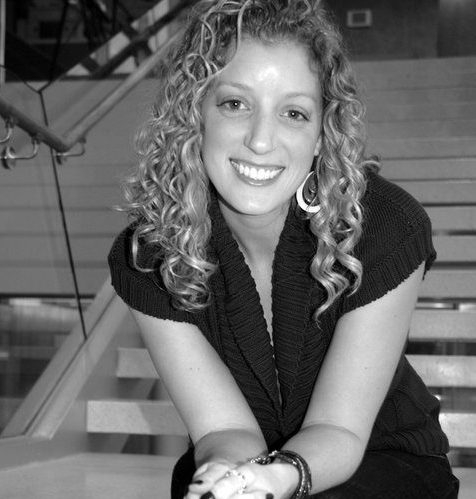The intoxicating smell of ripe fruit is just too enticing. My niece takes a bite from one of the peaches we have been picking from an orchard this morning. As the juice runs down her chin, she gives me a sheepish smile as if asking if it is OK for her to be doing this. Quelling any guilt she might carry with her, I pick a fruit from a high branch and take a bite myself. Not only is it ok to eat the peach, but our Torah supports it.
Ki Tetze is a parashah packed with mitzvot concerning mostly human day to day interactions. In the “how to” manual of living a just and right life, this parashah offers 74 mitzvot, more than any other parashah in the Torah. How could I justify eating a few peaches from the tree? It’s right there in this week’s parashah: “When you enter your neighbour’s vineyard, you may eat as many grapes as you want, until you are satisfied, but you may not put any in your vessel.” (Devarim 23:25) From this we learn that while we were certainly going to purchase our fair share of fruits, we could enjoy sampling the product along the way. Knowing that the ratio of eat-right-off-the-tree vs. collect-and-pay-the-farm was about 5%/95% we both felt comfortable enjoying a few sun-warmed fruits right there below the towering trees.
As my niece reached to pick another peach off the tree to put into our basket, a few nearby jostled peaches tumbled to the ground. As she made a move to pass over them, I took this as an opportunity to start a conversation with her about waste. What was wrong with these few peaches that fell from the tree? Why do we pass them over in eagerness to pick different peaches? What do we think happens to these perfectly fine fruits now that they are on the ground?
I wish I could tell you that it’s just a handful of good peaches (or any fruit for that matter) that fall and rot on the ground. I wish I could tell you that the estimated 25-40% of food grown and processed in this country that will end up in the landfill is incorrect. I wish I could tell you that it’s far fewer than 49 million Americans (that’s one in seven) who struggle with hunger and that of them, 15.7 million of them are children (in other words, one in 5 children are food insecure).
When it comes to the simple math of getting the food grown on our farms into American kitchens and stomachs, the system is broken. One of the possible solutions to this issue is to allow farmers to donate their “fallen peaches” to our food insecure neighbours. This model is a challenge because of the cost to farmers. Without tax breaks from the government, some farmers conclude that it’s easier and less expensive to simply throw the food away. Another path is to sell “ugly” or “cosmetically-challenged produce,” either to grocery stores or directly to the consumer, at 30-50% reduction (see one West Coast company’s project, for example).
As Jews, we honour beauty in all of its forms, acknowledging that each of us is created B’tzelem Elohim, in just the way we were meant to be. As a perfectly imperfect species, surely we can see beyond the “ugly” vegetables and fruits and not judge a carrot by its cover. There is much work to be done to close the gap between food production and food access in this country. The good news is that smart, savvy, and energetic people are already working to close this loop and we can join their local and national efforts. Check out Jews United for Justice, Jewish Food Experience, and Rachel’s Table for just a few examples of Jewish initiatives and programs. When we move to action to ensure that less food is wasted and fewer Americans go to bed hungry, we live out our Jewish value of Bal Tashchit.
There is enough food to go around that no one need be hungry. The question, as in the classic story about the magnificent banquet whose participants had their elbows splinted, is whether we take the initiative to feed each other or worry only about our own mouths and let others go without. “Let all who are hungry, come and eat”–this well-known teaching from the Haggadah can inform our individual and collective purpose each and every day.
Rabbi Ilyse Glickman is the Director of Congregational Learning at Scarsdale Synagogue Temples Tremont and Emanu-El. She counts the days to the growing season in the Northeast United States.

